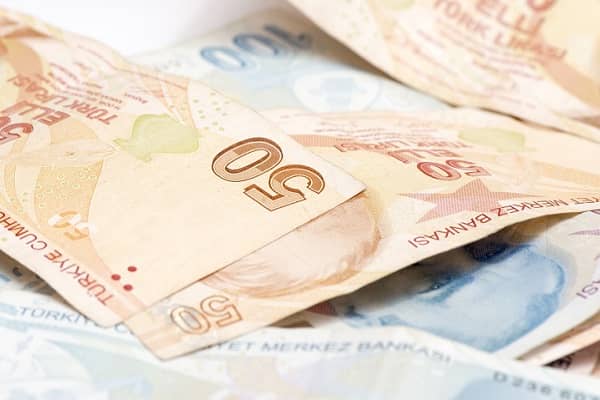During a mere three months, the lira plunged from about 8.5 to the dollar in late August to about 13 to the dollar now.
Turkish President Recep Tayyip Erdogan said over the weekend, “I have never advocated for interest rate increases and I will not advocate for them.”.
Earlier this week, Turkish President Recep Tayyip Erdogan expressed opposition to any interest rate increases, resulting in a new record low for the Turkish lira.
Following renewed concerns over the country’s monetary policy and concerns over the Covid-19 omicron variant, the currency hit a low of 13.47 against the dollar in late afternoon trading. This surpassed the previous record low of 13.45 set last week.
Within three months, the Turkish Lira plunged from approximately 8.5 to the dollar in late August to more than 13 to the dollar today.
As a result of Erdogan’s refusal to raise interest rates to combat rising double-digit inflation, the Lira rate has been plummeting in value in recent years. There is now a 20% inflation rate in Turkey. For not agreeing with his position that rates should not be raised, Erdogan fired three central bank chiefs.
The rate should be lowered, I have continually argued. On Sunday, the Turkish press quoted Erdogan as saying, “I have never advocated and will not advocate interest rate increases.”.
It’s generally accepted that the president in fact controls the central bank’s decisions regarding monetary policy rather than the bank being independent, which is why they’ve openly pleaded with him to change direction. Turkish President Erdogan holds, however, the unusual belief that high interest rates cause inflation rather than suppress it.
“Interest rates cause inflation, inflation causes interest rates. “I still firmly believe in my argument and defend it,” the president said.
As evidenced by last week’s dramatic sell-off that brought the lira to a new record low, investors have a very different opinion. At the time, analysts from London’s Capital Economics wrote that “the lira is now firmly in crisis territory,” adding that “higher inflation and tighter domestic financial conditions are likely to sap Turkey’s recovery.”
Also read: How Bitcoins Change The Global Economy?
Positive GDP growth is hampered by the Lira crisis
The recent positive GDP growth figures in Turkey were overshadowed by the pain of a weakening currency, according to Tim Ash, senior emerging markets strategist at BlueBay Asset Management.
Turkey’s GDP growth in the third quarter grew by 7.4% year over year, and 2.7% from the previous quarter, driven by household consumption and exports. The currency crisis and soaring inflation, however, mean that those figures don’t provide an accurate picture.
Despite today’s GDP figures, Goldman Sachs analysts believe the recent drop in the Turkish Lira is likely to have a significant impact on economic activity going forward.
However, Goldman is raising its growth forecast for 2021 by 1 percentage point to 10.5%. At the same time, Goldman is reducing its growth forecast for 2022 by half a percentage point to 3.5%.





